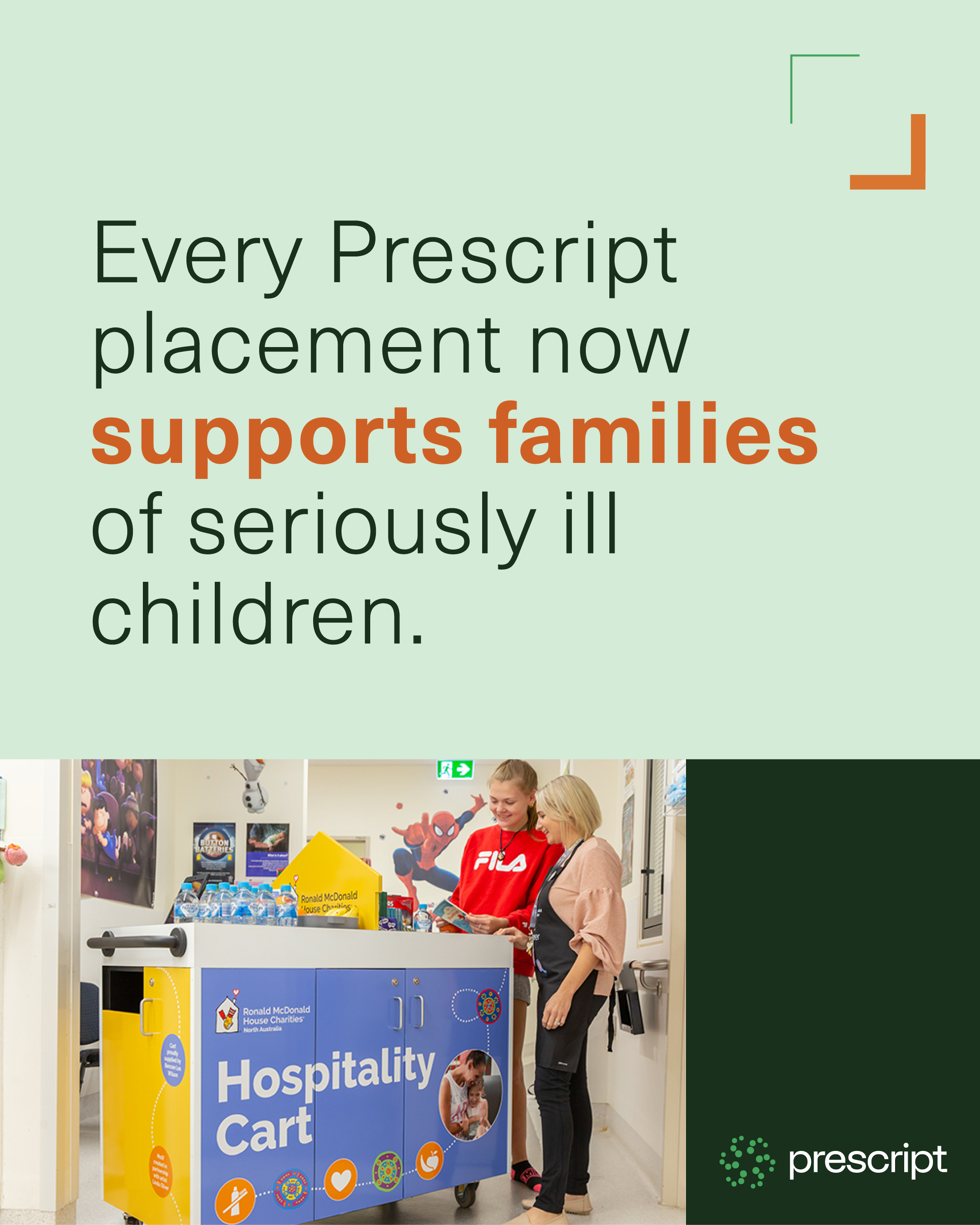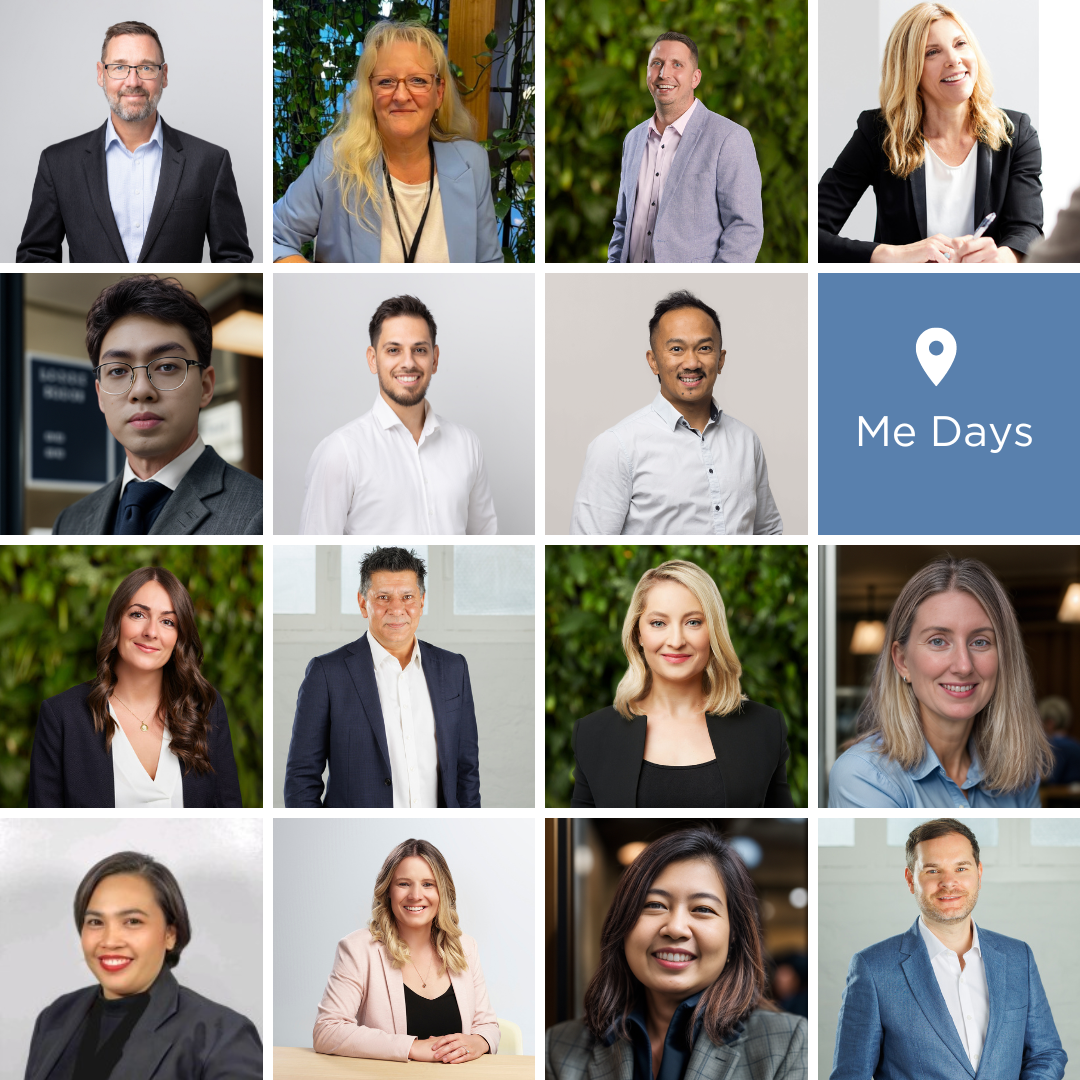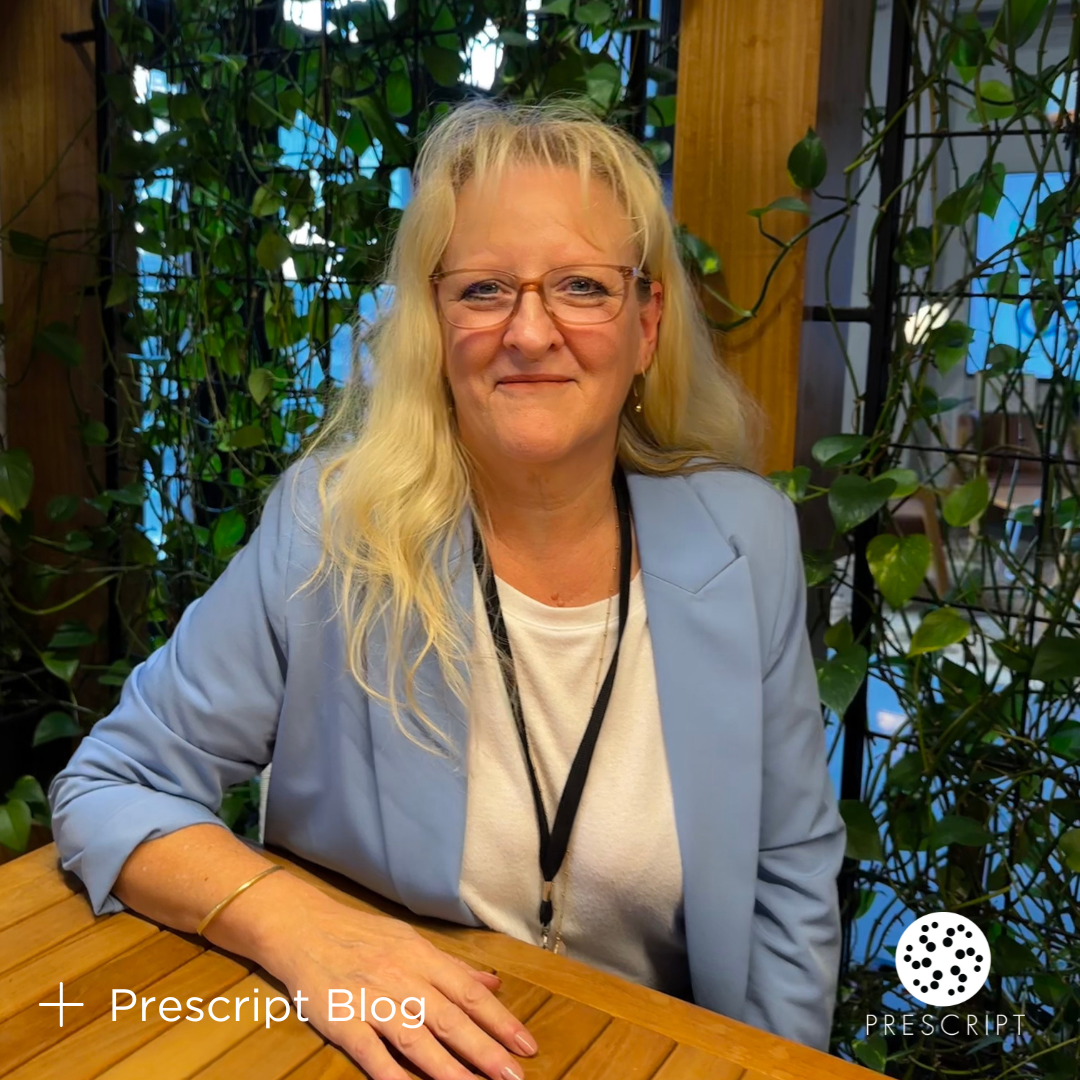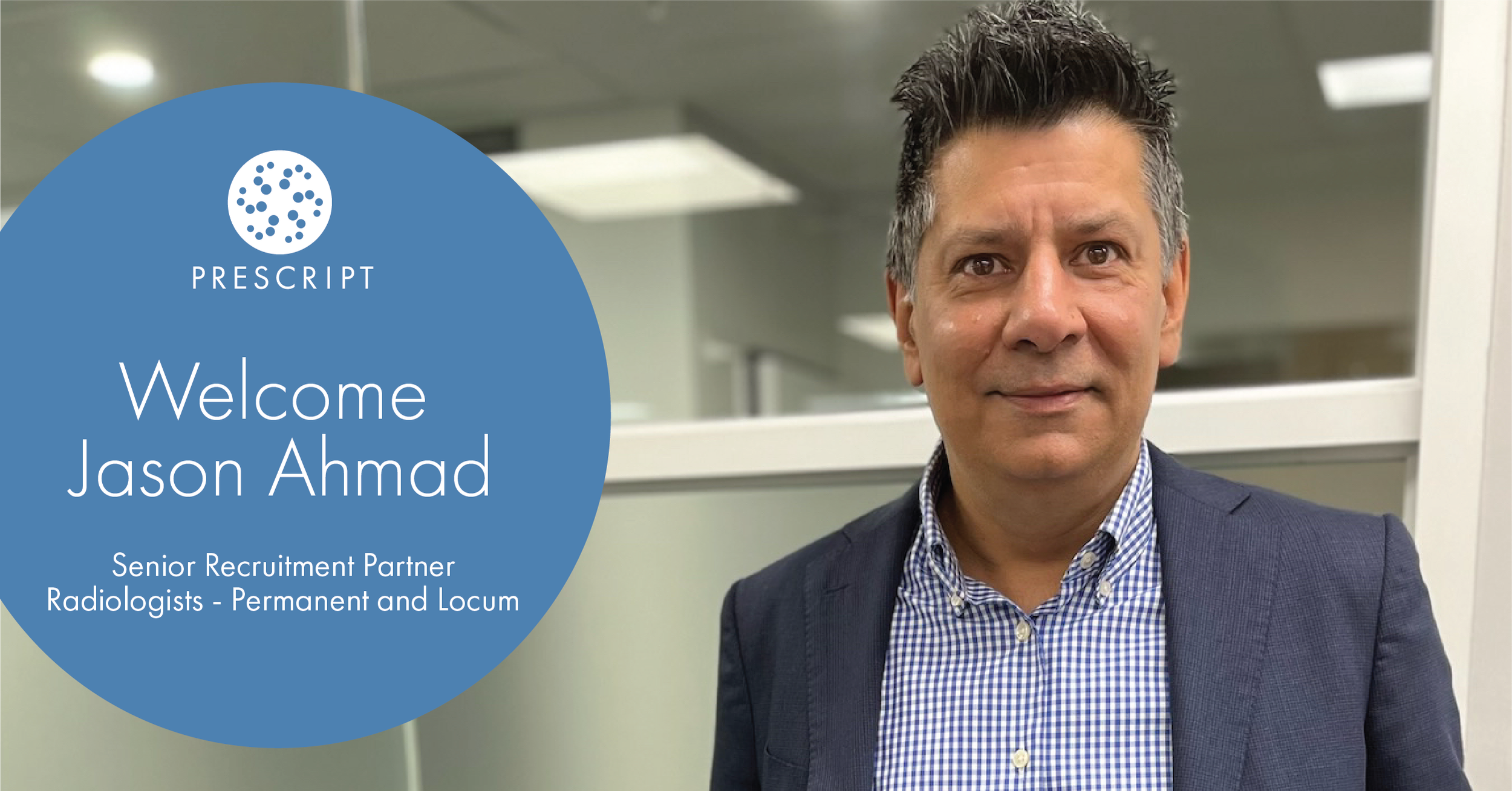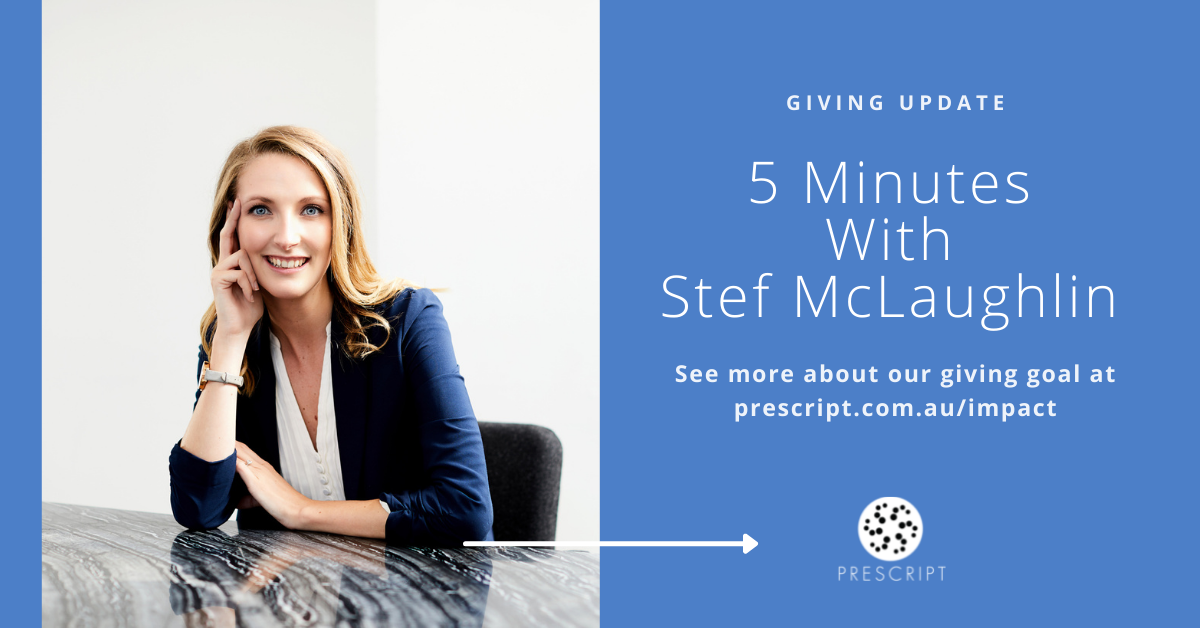At Prescript Recruitment, we’ve always believed that recruitment should be about more than just filling roles. It should be about making a difference where it truly matters. We’ve spent years helping to solve Australia’s regional doctor shortage, ensuring communities have access to quality healthcare. But we’ve always known we could do more.
That’s why I’m incredibly proud to share our latest initiative. From 1st March, every doctor we place will now help provide essential support for families with seriously ill children through our partnership with B1G1 and their handpicked projects for Ronald McDonald House.
If you’re a doctor working with us or a health service partnering with Prescript, you’re now part of something even bigger. Your work is changing lives—not just in hospitals, but for families going through the toughest times.
Giving That’s Part of What We Do
This isn’t new for us. Giving has always been at the heart of Prescript. Through our Platinum Partnership with B1G1 (Business for Good), every placement, every success, and every relationship we build contributes to something greater.
Over the years, we’ve supported projects that provide:
Over a million days of access to clean water for communities in need
Healthcare for children living in poverty in India
Medical salaries in Kenya to support rural hospitals
Hundreds of meals for families who would otherwise go hungry
Now, we’re focusing on helping families closer to home. We know that when a child is seriously ill, life is turned upside down. Families often have to leave home, work, and everything familiar behind to be by their child’s side in hospital. The stress, both emotional and financial, can be overwhelming.
That’s where you come in.
How Every Placement is Making a Difference
From March, every doctor placed in a regional or telehealth role through Prescript will help fund one of two life-changing initiatives run by RMHC:
Helping Sick Kids Stay on Track with School
When children spend long periods in hospital, their education often suffers. The Ronald McDonald Learning Programme provides one-to-one tutoring and tailored support, so kids don’t fall behind in school. Your placement helps ensure these children have the resources they need to rebuild their confidence and return to the classroom.
Providing Comfort to Families in Hospital
When a child is in hospital, parents often don’t leave their side for weeks or months at a time. The Ronald McDonald Hospitality Cart provides snacks, books, toys, toiletries, and comfort items to help families feel supported during their stay. Thanks to your placement, more families will have one less thing to worry about.
What This Means for You
If you’re a doctor working with Prescript, know that every locum, telehealth, or permanent role you take is helping a child and their family in need. Your skills are already making an impact in regional Australia, and now your work is changing lives beyond the hospital too.
If you’re a health service, your partnership with Prescript means you’re not only securing the best doctors for your community—you’re also contributing to something bigger. Every placement through Prescript now carries a ripple effect of care, compassion, and support.
Why This Matters
This is what recruitment should be about. It’s about solving problems, supporting communities, and making sure that every placement means something. We’re not just filling rosters; we’re building a future where healthcare professionals and health services create lasting change—together.
To everyone who has worked with us—thank you. Because of you, we’re not just placing doctors. We’re changing lives.
James Hill
Founder, Prescript Recruitment
“Prescript are medical recruitment specialists.”
At Prescript we’re known for helping solve the regional doctor shortage in Australia.
Every day we’re focused on two clear outcomes - Helping hospitals find doctors that create departments and clinics that run better, have more capacity and less stress. And placing Doctors in jobs that leave them feeling highly valued, rewarded and, most importantly, enjoying what they do.
We believe that when we get these two crucial things right, it has a huge impact on the regional doctor shortage and the healthcare of communities across Australia.
There are three ways to contact us:
Call 1300 755 498
Email hello@prescript.com.au
Click 'Connect with Prescript'
“We’re known for solving the regional doctor shortage, leaving doctors loving what they do and regional communities feeling like they have the best doctors in town.”

